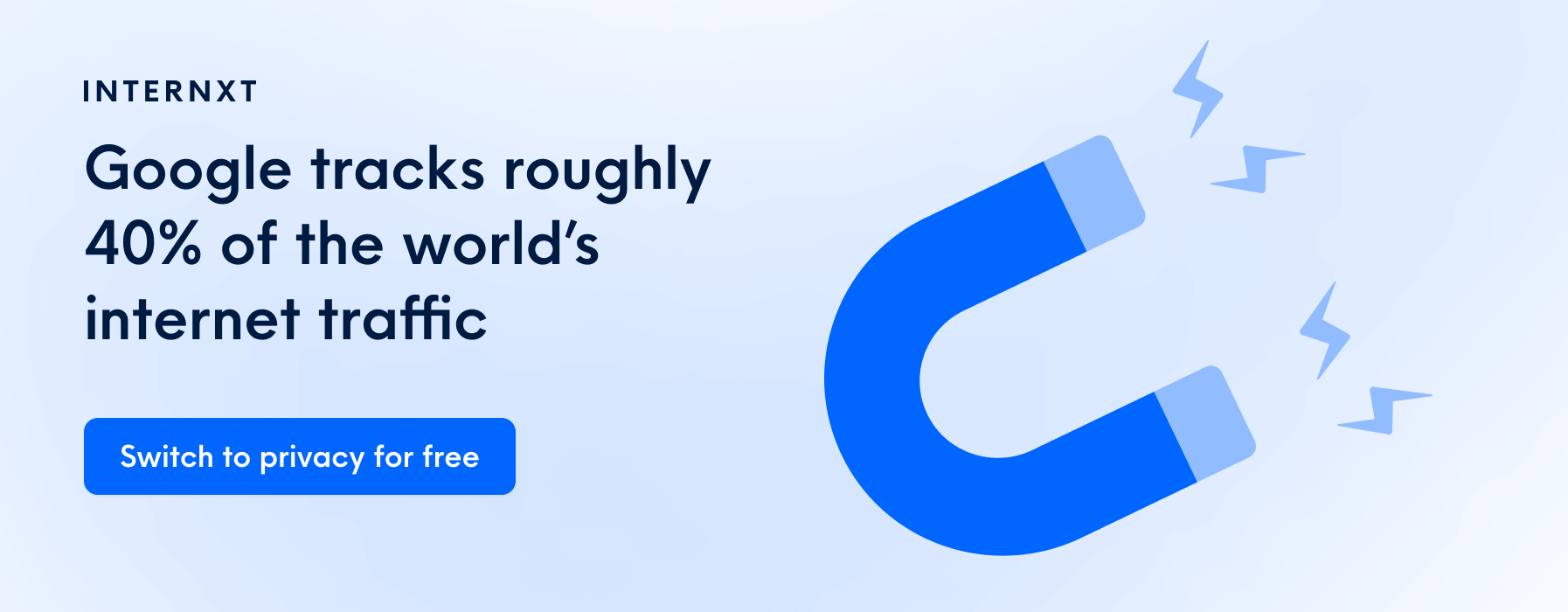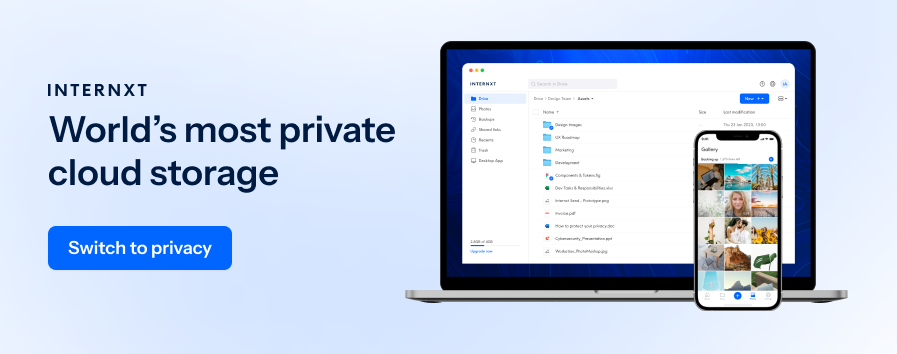Don't Choose a Cloud Storage Service Without Asking These 10 Critical Cybersecurity Questions

As the demand for cloud storage continues to rise, individuals and businesses alike are faced with the critical decision of choosing a reliable and secure cloud storage provider.
While the convenience and accessibility offered by cloud storage are undeniable, it is essential to prioritize cybersecurity and data protection when entrusting sensitive information to a third-party provider. In this article, we will explore the key cybersecurity questions that you should ask before choosing a cloud storage service.
10 Cybersecurity Questions to Ask Before Choosing a Cloud Storage Service
By considering these questions, you can make an informed decision that safeguards your data and ensures peace of mind.
What encryption methods are employed?
Encryption is a fundamental aspect of securing data in the cloud. It ensures that information remains confidential even if unauthorized parties gain access to it. When evaluating cloud storage providers, inquire about the encryption methods they employ. Ideally, they should use robust encryption protocols, such as AES-256, which is currently considered the industry standard.
Find out if the provider offers client-side encryption, where data is encrypted on the user's device before it is uploaded to the cloud. This ensures that only the user possesses the encryption keys, providing an extra layer of security.
How is data transmitted and stored?
Understanding how data is transmitted and stored using secure cloud storage is crucial Inquire about the transmission protocols used, such as SSL/TLS, which encrypts data during transit, preventing interception by unauthorized entities.
Additionally, find out how the provider stores your data. Do they distribute data across multiple servers or data centers? Are there redundant copies kept? These measures help ensure data availability and resilience against hardware failures or disasters.
What security measures are in place to prevent unauthorized access?
One of the primary concerns with cloud storage is the risk of unauthorized access to sensitive data. Inquire about the security measures implemented by the provider to protect against breaches.
Look for features such as two-factor authentication (2FA), which adds an extra layer of verification during login. Also, ask about intrusion detection systems and firewalls that monitor and block suspicious activities. A reputable provider should have robust access controls and strong measures to prevent unauthorized access to your data.
How is data segregated and protected from other users?
Multi-tenancy is a common practice in cloud storage, where multiple users share the same infrastructure. While this approach offers scalability and cost-efficiency, it raises concerns about data segregation and privacy.
Ask the provider how they ensure data separation between different users. Are there strict access controls in place to prevent unauthorized access to your data by other users? Does the provider use advanced virtualization techniques to isolate data between users? Understanding these measures is crucial to maintaining data privacy in a shared environment.
What is the provider's backup and disaster recovery strategy?
Data loss can occur due to various reasons, such as hardware failures, natural disasters, or malicious attacks. Inquire about the cloud storage provider's backup and disaster recovery strategy.
Do they regularly back up data to separate locations? Is there a robust disaster recovery plan in place to minimize downtime and data loss? A reliable provider should have redundancy mechanisms and off-site backups to ensure data availability and quick recovery in case of any unforeseen events.
How transparent is the provider about security incidents and breaches?
No system is completely immune to security incidents or data breaches. However, it is essential to choose a cloud storage provider that is transparent about such incidents and takes prompt action to mitigate them. Inquire about the provider's incident response plan and their history of handling security breaches.
Look for a company that promptly notifies users about any breaches and actively works to rectify the situation. Transparency and accountability are critical factors in maintaining a trusted relationship with a cloud storage provider.
What are the compliance certifications and regulations followed?
Depending on your specific industry or geographical location, there may be regulatory requirements that govern the handling and storage of certain types of data. Inquire about the compliance certifications and regulations that the cloud storage provider adheres to. Common certifications include ISO 27001 for information security management and SOC 2 for data privacy and security.
Additionally, some industries may require specific compliance, such as HIPAA for healthcare data or GDPR for European Union residents' data. Ensuring that the provider meets the necessary compliance standards adds an extra layer of assurance regarding data protection.
How is data privacy addressed?
Data privacy is a significant concern when entrusting sensitive information to a cloud storage provider. Inquire about the provider's privacy policy and how they handle user data.
Do they share or sell user data to third parties? Are there strict controls in place to prevent unauthorized access or misuse of data? It is crucial to choose a provider that respects user privacy and has clear policies in place to safeguard personal and sensitive information.
What level of support and customer service is provided?
In the event of any issues or concerns, reliable customer support is vital. Inquire about the customer service level provided by the cloud storage provider.
Do they offer round-the-clock customer service? Is there a dedicated support team available to assist with security-related inquiries? It is important to have a responsive and knowledgeable support system that can address any questions or concerns promptly.
How does the provider handle service termination or data migration?
Considering the long-term implications of cloud storage, it is crucial to understand how the provider handles service termination or data migration. Inquire about the procedures and support offered when migrating data to another provider or when terminating the service.
Will the provider assist in securely transferring data or provide tools for easy migration? Having a clear understanding of the exit strategy ensures that your data remains secure even if you choose to switch providers in the future.

Other Things to Consider When Choosing Cloud Storage
In addition to cybersecurity considerations, there are other factors that you should take into account when choosing a cloud provider. These factors will help ensure that the service aligns with your specific needs and requirements. Let's explore some of these considerations:
Storage capacity and scalability
Evaluate the storage capacity offered by the provider and consider whether it meets your current needs as well as future growth requirements. Scalability is essential, as your storage needs may increase over time. Ensure that the provider offers flexible plans or options to easily expand your storage capacity without disruptions.
Cost and pricing structure
Cloud storage services have various pricing models, such as pay-as-you-go, tiered pricing, or fixed plans. Consider your budget and compare the pricing structures of different providers. Be sure to understand what factors affect the pricing, such as storage size, bandwidth usage, or additional features. It is also worth considering any hidden costs, such as data transfer fees or charges for exceeding storage limits.
User interface and ease of use
An intuitive and user-friendly interface is crucial for seamless interaction with the cloud storage service. Evaluate the provider's user interface, file management features, and collaboration tools. Look for features like drag-and-drop functionality, file syncing, file sharing options, and collaboration features such as real-time editing or version control. A well-designed interface can enhance productivity and streamline your workflow.
Integration with existing systems and applications
Consider how the cloud storage service integrates with your existing systems and applications. Determine whether it supports the platforms and operating systems you use, such as Windows, macOS, or mobile devices. Additionally, check if it integrates with popular productivity tools like Microsoft Office, G Suite, or project management software. Seamless integration allows for easy file access and management across different platforms and applications.
Data accessibility and syncing
Cloud storage should provide easy and reliable access to your data from multiple devices and locations. Consider whether the provider offers native applications for various platforms, including desktop and mobile devices. Look for features like automatic syncing, offline access, and file versioning. These features ensure that you can access and work on your files seamlessly, even when offline or on the go.
Collaboration and sharing features
If you require collaboration within your team or with external stakeholders, evaluate the collaboration and sharing capabilities of the cloud storage service. Look for features like permission controls, file sharing options, comment threads, and real-time collaboration. These features facilitate efficient teamwork, document review, and feedback exchange.
Reliability and uptime
Downtime can disrupt your access to critical data and impact productivity. Research the provider's uptime guarantee and service level agreements (SLAs). Look for providers with a strong track record of uptime and redundant infrastructure to minimize the risk of data unavailability. Additionally, check if the provider has multiple data centers to ensure redundancy and resilience.
Customer reviews and reputation
Before making a decision, read customer reviews and testimonials about the cloud storage provider. Understand the experiences of other users in terms of security, reliability, customer support, and overall satisfaction. Additionally, research the provider's reputation in the industry and assess their longevity and stability. A provider with positive reviews and a good reputation is more likely to deliver a quality service.
Data transfer and migration
Consider how easy it is to transfer your existing data to the cloud storage service. Find out if the provider offers tools, documentation, or assistance to facilitate a smooth data migration process. Additionally, evaluate the ease of transferring your data to another provider if the need arises in the future. Flexibility in data transfer and migration is crucial to avoid vendor lock-in.
Service and support
Finally, assess the provider's service and support offerings. Look for reliable customer support channels, such as phone, email, or live chat. If you have any problems, you want to be able to reach someone.

Choosing the Best Cloud Storage for You?
Selecting a cloud storage provider is a critical decision that requires careful consideration of cybersecurity measures and data protection practices.
By asking the right questions and understanding the provider's security infrastructure, encryption protocols, data segregation practices, and incident response capabilities, you can make an informed choice that aligns with your security requirements.
Remember to prioritize transparency, compliance, and privacy to ensure the safety and integrity of your data in the cloud. By taking the time to evaluate potential cloud storage providers based on these cybersecurity questions, you can mitigate risks and enjoy the benefits of cloud storage with confidence.

